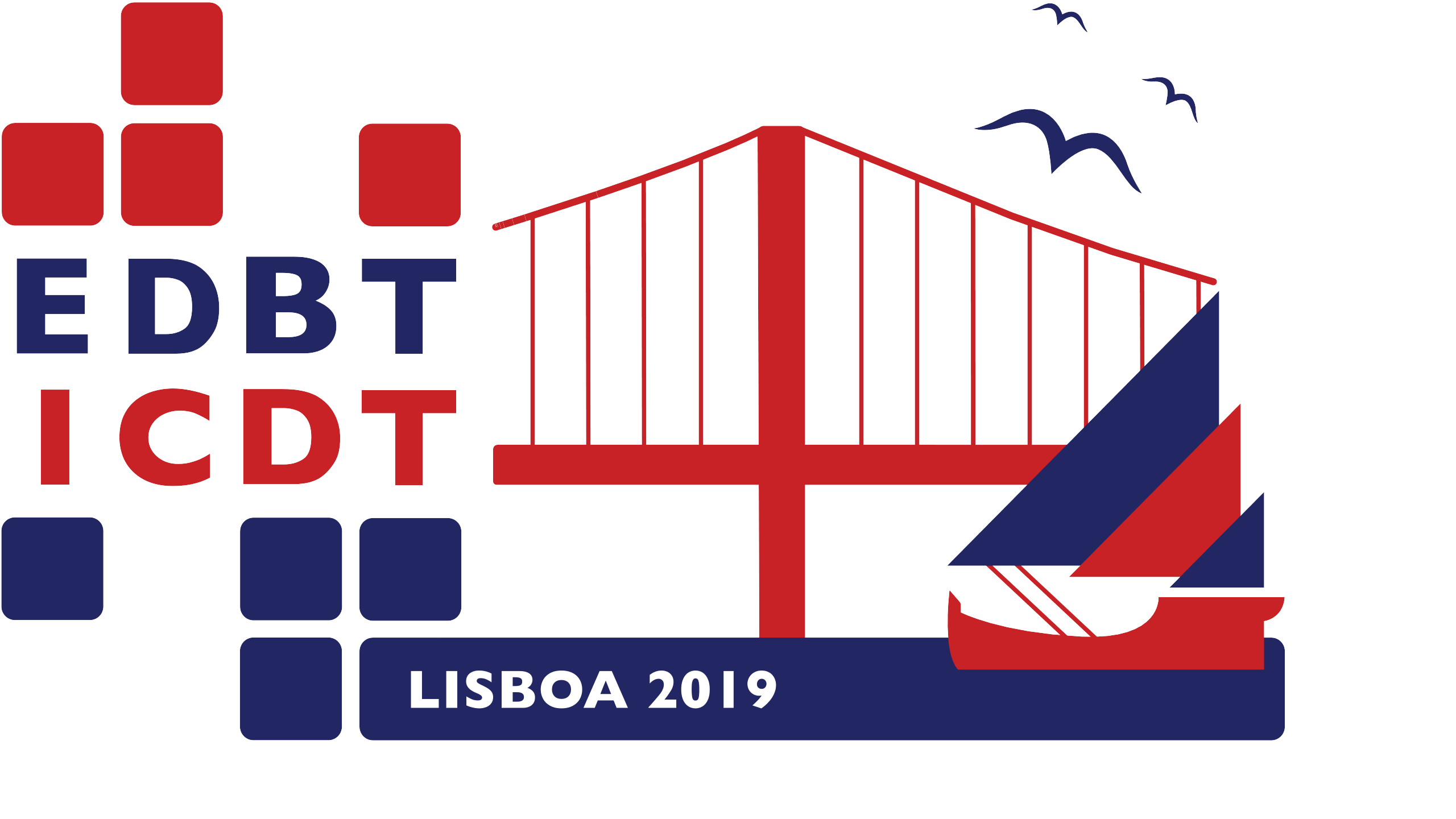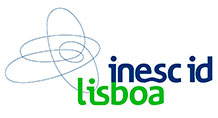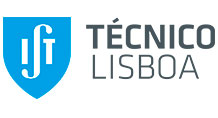General Information
- EDBT/ICDT 2019
- News
- Venue
- Registration
- Accommodation
- Social Events
- Event Photos
- Event Feedback
- Contacts
Program
- Program Overview
- Detailed Program
- Workshop Program
- Invited Keynotes
- Invited ICDT Tutorial
- EDBT/ICDT Awards
- Tutorials
- Research Challenges
- Guidelines for Presenters
- Workshops
- Accepted Papers
Co-located Events
Open Proceedings
Organization
Calls
ICDT 2019 Test of Time Award
In 2013, the International Conference on Database Theory (ICDT) began awarding the ICDT test-of-time (ToT) award, with the goal of recognizing one paper, or a small number of papers, presented at ICDT a decade earlier that have best met the "test of time". In 2019, the award recognizes a paper from the ICDT 2009 proceedings that has had the most impact in terms of research, methodology, conceptual contribution, or transfer to practice over the past decade. The award will be presented during the EDBT/ICDT 2019 Joint Conference, March 26-29, 2019, in Lisbon, Portugal.
The ICDT 2019 Test of Time Award committee was formed by:
Wenfei Fan (chair), University of Edinburgh, Scotland
Magdalena Ortiz, TU Wien, Vienna
Ke Yi, HKUST, Hong Kong
After careful consideration, the committee has decided to select the following paper as the ICDT ToT Award winner for 2019:
by Alin Deutsch, Richard Hull, Fabio Patrizi, Victor Vianu.
In ACM Proceedings of the 12th International Conference on Database Theory (ICDT'09) Pages 252-267
The ICDT Test-of-Time award for 2019 will be presented during the EDBT/ICDT 2019 Conference as part of the Awards session on Wednesday, March 27, 2019, 2 - 3:30 pm.
The paper has been a cornerstone in the research on artifact-centric and data-aware processes. It opens up the possibility of verifying data-aware processes not only in niche cases but also in quite broad classes. It provides a formalization of IBM's artifact-based approach to business processes, and models arbitrary inputs from external users with infinite domains. This gives rise to processes that have infinite states and hence are impossible to verify through standard model checking techniques. In addition to this formalization, it investigates verification of properties in an extension of LTL over artifacts, which is challenging since it deals with infinite alphabets.
The paper has generated impact not only on database and business process communities, but also influenced artificial intelligence, verification and Web services. It has received over 250 citations coming from these diverse communities. In addition, its techniques have influenced theoretical work on fundamental aspects of languages over infinite alphabets.


